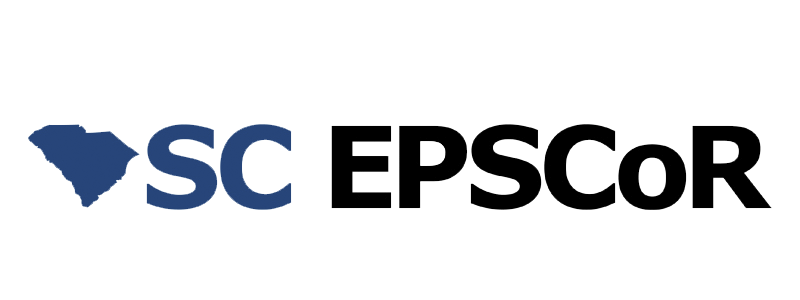Broadening Participation
In parallel with the integrated research, education, workforce development efforts, this ADAPT in SC will broaden participation in STEM via improved exposure, increased retention, and support for professional development of targeted student populations, including Underrepresented Minority (URM) students, women, technical college students, and non-traditional students including veterans.
The URM population within SC is primarily Black or African American (24.8%, 7th highest in the US) and Hispanic or Latino (6.9%). Disparities persist within BS degree attainment overall and engineering and computer science degrees (5.5% African American, 4.1% Latino, and 79% White). For graduate degrees, the disparity is worse. Domestic students overall are underrepresented in engineering and computer science (CS) MS and PhD programs. South Carolina has excelled at providing access to CS instruction in public schools, with over 98% of HS students attending a school that offers foundational CS coursework. This effort is reflected in the relatively high percentage of African American students earning a BS degree in CS or a related field (16.1%). This is an opportunity to improve the number of URM graduate students pursuing CS. Within engineering, numbers have been stagnant over the past 10 years, indicating the need for a new approach.
Previous work asserted that motivation to pursue higher education paths increases via exposure to new knowledge in the subject area of interest. Our broadening participation objective is to leverage success of CS K–12 education in SC, improve exposure, increase retention, and support the professional development of target groups: URM Students, women in computer science and engineering, technical college and other non-traditional students including military veterans

